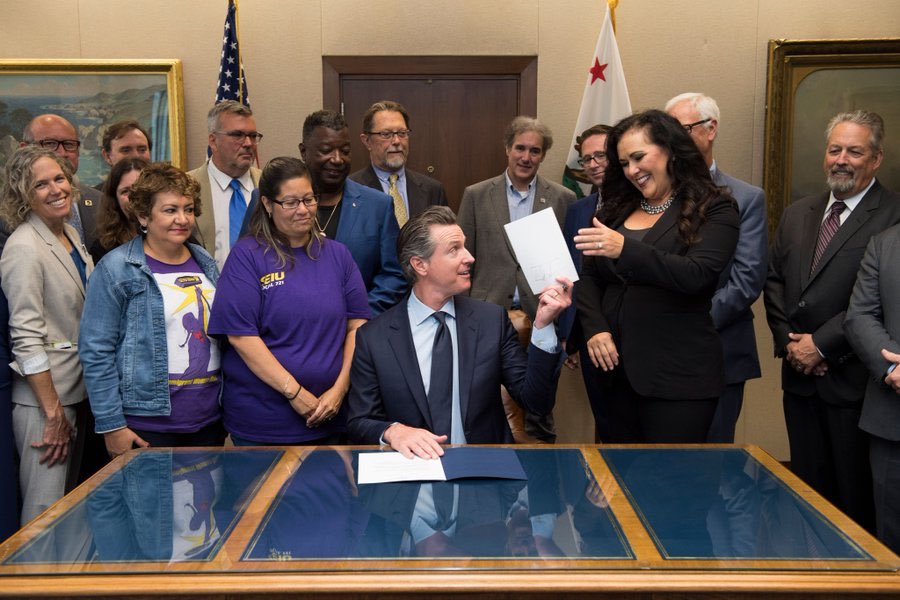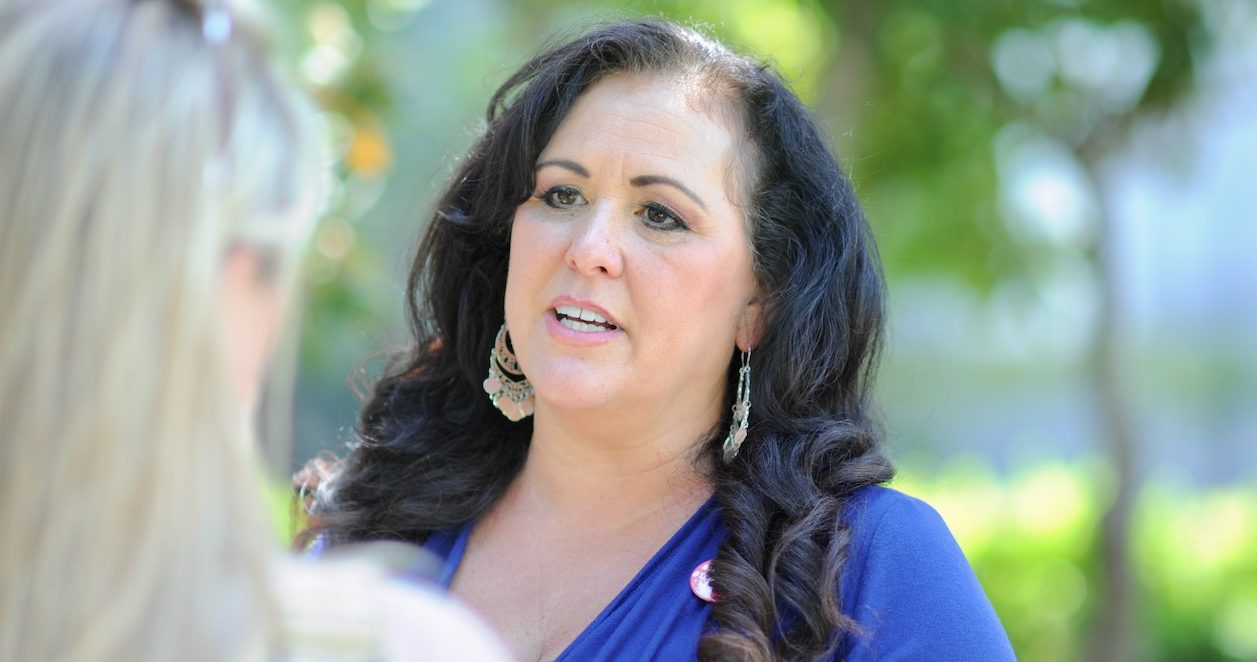
Assemblyman Evan Low (Photo: Kevin Sanders for California Globe)
AB 1100: Shorter Work Week
‘The 32-hour Workweek Pilot Program’
By Chris Micheli, April 2, 2023 9:08 am
Assembly Bill 1100 by Assemblyman Evan Low (D-Palo Alto) would add and repeal Chapter 8 (commencing with Section 900) of Part 2 of Division 2 of the Labor Code. Chapter 8 would be titled “The 32-hour Workweek Pilot Program” and the following legislative findings and declarations would be made:
- To encourage employers to institute a 32-hour workweek.
- To provide grants to employers to be used to develop and administer a 32-hour workweek for its employees.
- To study and gather information on the impact of 32-hour workweeks.
This bill would establish the 32-hour Workweek Pilot Program under the administration of the Department of Industrial Relations (DIR). The Program would provide grants to employers for the purposes of administering pilot programs that provide each employee the option to work a 32-hour workweek. The bill would define the terms “applicant,” “department,” “employer,” “pilot program,” and “workweek.”
An employer would be allowed to apply to the DIR for a grant in a form and manner prescribed by the DIR. The application would be required to contain at least six specified items for a 12-month plan for the implementation of a 32-hour workweek. The application would also include the grant money being requested and a description of how the applicant intends to collect information on specified items. The applicant also has to certify that the pilot program will not result in a loss of pay or benefits for any employee.
Once the employer receives a grant, then the employer must implement the program within 90 calendar days. Within the first six months, and upon the completion of the pilot program, the employer would be required to evaluate the impact of the pilot program on employer and employee satisfaction, and be required to provide that evaluation to the DIR.
In administering the program, the DIR would be required to accept applications for the pilot program by a specified date, develop criteria to evaluate the applications for eligible applicants, and approve, disapprove, or conditionally approve on a quarterly basis until the appropriated funds are exhausted. When awarding grants, the DIR would be required to prioritize funding to applicants who are transitioning employees paid hourly to 32-hour workweeks.
The DIR would be authorized to establish an appropriate method, process, and structure for grant management, fiscal accountability, payments to applicants to ensure transparency, and accountability in the use of state funds. The DIR would be able to audit and request additional information from the applicants or employers, and the DIR would be authorized to adopt regulations to implement this chapter.
Upon legislative appropriation, the Controller would be required to transfer the appropriated sum to the 32-hour Workweek Pilot Program Fund and would be continuously appropriated without regard to fiscal years to the DIR.
The DIR would be required to submit a report to the Legislature on or before January 1, 2028 on the 32-hour Workweek Pilot Program and the report would have to include four required items. This new law would become operative upon legislative appropriation, and it would remain in effect until January 1, 2029.
- Sabotage Prevention Act - December 14, 2024
- Why Would the Legislature Request? - December 13, 2024
- A Different Type of Legislative Statement? - December 12, 2024





Sounds like a plot to throw millions of workers into poverty and deny them health insurance. Most if not all benefits are tied to a 40 hour work week.
All in favor of an 18% cut in pay, raise your hands!
Good.
Now all in favor of higher pay, raise your hands!
Even gooder!
Everyone should understand by now, that any proposals by Progressives (aka Marxists) like Low are meant to implement their agenda and increase their power. A “Pilot program” is just their “Trojan horse” with much more destruction to come later. The idea of helping workers and employers is not a consideration for them – it’s only a smoke screen.